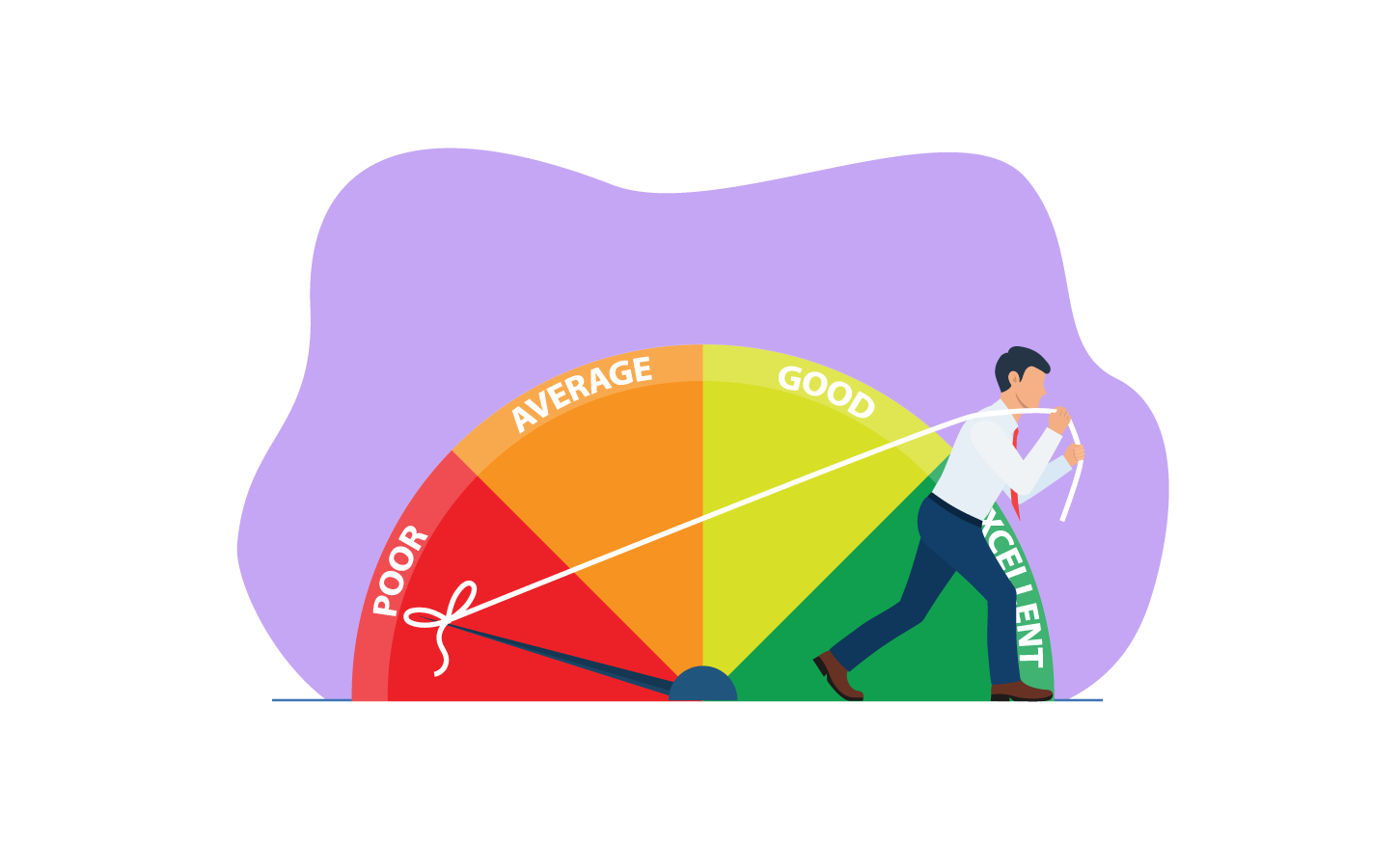Cash flow is central to success for businesses of any size. Without capital to invest, profitability is little more than a pipe dream for entrepreneurs. As a result, business loans have become a key ingredient for fledgeling small and medium enterprises (SMEs) in Singapore, particularly those that don’t have the luxury of early backing from investors. A loan can be a crucial leg-up that funds critical infrastructure, property rental, inventory purchases or anything in between.
There’s no single type of business loan in Singapore: rather, it’s a broad term covering a range of financing options with varying rates and terms. Since banks and other financial institutions offering these loans turn down a high percentage of applications based on insufficient criteria matching, it is vital to know how to secure the best possible chance of approval.
Types of loans available to SMEs
There is a huge range of loans available to businesses in Singapore with products varying between lenders. These include:
1. Unsecured bank loans
General financing without collateral, able to be invested as you see fit, akin to a personal loan.
- Unsecured Business Term Loan
Popular among many SMEs, it can fund anything, from equipment rental to office fit-out plans.
Evaluation is based holistically on financial performance, bank statement records as well as guarantor’s credit records.
- Unsecured Business Overdraft
An alternative to the above with the same evaluation criteria, it is useful to SMEs that need short term working capital.
- Business First Loan
Applicable to younger startups (registered and operating in Singapore between 6 months and 2 years), it ensures new SMEs have a financing option in the early stages of their venture.
- Venture Debt Financing
Suitable for unprofitable SMEs that are unable to secure the normal business loan, it helps to close the financing gap made possible by venture capital investors.
2. Secured Loans
Secured loans to fund purchases of commercial or industrial space, equipment, machinery and other assets. Financed assets are used as collateral, which makes interest rates more affordable.
- Commercial Property Loan
Applicable for SMEs that need to finance commercial properties, it provides financing up to 80% to 90% of valuation/purchase price depending on loan provider.
- Equipment & Machinery Loan
Applicable for SMEs that need to finance a range of equipment and machinery for business, it provides up to 90% of valuation/purchase price depending on loan provider.
3. Government-assisted loans under the Enterprise Financing Scheme
Programmes run or assisted by the government to grow businesses in Singapore.
- SME Working Capital Loan
It funds daily operational cash flow needs.
- SME Fixed Assets Loan
It funds local and overseas fixed assets, from equipment to properties.
- Venture Debt
Ideal for high-growth startups that do not have assets for collaterals, it funds business expansion plans, new projects, and mergers and acquisitions.
- Trade Loan
It finances SME trade needs, from inventory stalking to invoice factoring, for both domestic and overseas transactions.
- Project Loan
It helps to fulfil secured overseas projects, with a provision of financing options, from trade to fixed assets loans.
- Merger & Acquisitions
It finances acquisitions of local and overseas enterprises for SMEs intent on internationalisation.
What do I need to know before applying?
Singapore is rife with opportunities for businesses to borrow money, but it takes time to prepare and submit a successful application. With this in mind, there are several things you will need to think about before proceeding:
- Most applications take at least two weeks to process, with complex requests taking a month or longer.
- Read the applications’ requirements carefully and ensure you have all the required paperwork. You may need to prove that your annual revenue or available capital meets the minimum threshold.
- While loans are available for businesses that have been operating for 6 to 24 months, those with a track record of two years or more have better access to larger, more flexible offers.
Why are some applications rejected?
The reason any given loan application is rejected will depend on individual circumstances. There are some common snags entrepreneurs hit when asking for financing:
1. Lack of a track record
There are many loans available to SMEs in Singapore, but some are only available to those that have a proven track record. Explore the options you are eligible for now and you may be able to apply for a more flexible loan in the future.
2. Business ownership
Some loans, particularly those sponsored by the government, have specific ownership requirements. Check to make sure you meet the criteria – a common condition is that a certain percentage of the business is owned by a citizen or permanent resident.
3. Personal credit score
Your personal credit score may affect your eligibility for certain loans, so it pays to have a history of good credit that helps convince lenders that you can be trusted to make the repayments.
How can I boost my chances of approval?
As with any loan, taking your time to explore and compare your options is crucial. There are many products available from various banks and financial institutions in Singapore, so it’s important to find those that you are eligible for and best fit the needs of your business. Keep in mind that you may need to recalibrate your goals: if you don’t qualify for the loan you wanted, consider a smaller financing option that may help you establish a track record and apply for more expansive loans down the track.
About the Author

Led by a team with invaluable expertise across Singapore’s licensed moneylending, banking, and finance industries, CompareSing provides users with a streamlined yet informative experience at every step of their loan journey.


















